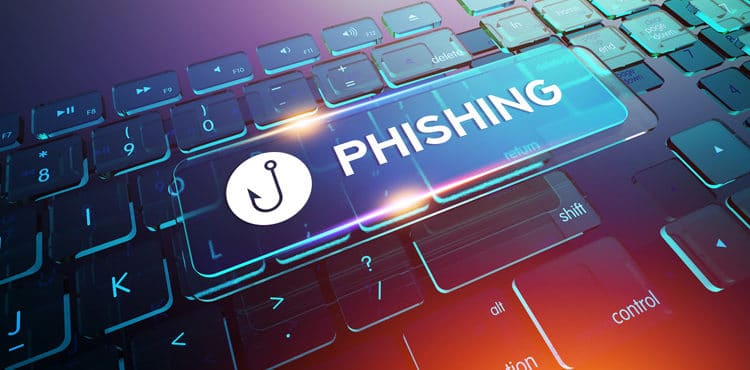Native American Rehabilitation Association of the Northwest (NARA) has acknowledged a possible data breach after hackers used an email phishing scam to infiltrate employee email accounts. According to reports, hackers used the attack to inject malware and gain access to protected health information of hundreds if not thousands of individuals, including Native American and Native Alaskan customers.
If you suspect that your personal information may have been compromised as a result of a potential Native American Rehabilitation Association data breach, contact Attorney Group to learn more. Consumers who were affected by the data breach may be able to seek compensation with the help of a data breach lawsuit attorney.
For more information, contact Attorney Group. We offer free, confidential, no obligation consultations. We can help answer your questions, and if you choose to pursue a claim, we can connect you with an affiliated attorney who can assist you throughout the legal process.
Attackers Used Emotet Trojan Malware to Access Employee Email Accounts
According to reports, the NARA detected the cyber attack on November 4, 2019. Although the NARA reportedly contained the threat on November 5, protected health information of over 25,000 patients could have been compromised when the cyber attackers used malware known as the Emotet Trojan to extract emails and attachments through an email phishing attack aimed at the company’s employees.
In a company press release issued on January 3, 2000, a forensic investigation confirmed that the protected health information of 344 individuals was accessed or potentially compromised.
Information potentially exposed as a result of the phishing attack may include:
- Names
- Home addresses
- Birth dates
- Social Security numbers
- Medical record or patient ID numbers
In addition, some medical records reportedly included patient clinical information, including diagnoses, services or treatment, and treatment dates.
The NARA is a Native American-owned and operated non-profit agency based in Portland, Oregon. Originally an outpatient substance abuse treatment center, the NARA now operates a residential family treatment center, an outpatient treatment center, a child and family services center, a primary health care clinic, several adult mental health locations, a wellness center, and transitional housing for Native women and children.
Individuals Affected by a Native American Rehabilitation Association Data Breach May Be Entitled to Compensation
Individuals affected by data breaches can possibly face serious problems. When protected consumer information is wrongfully accessed, those affected by a data breach could become a victim of identity fraud and may have to pay to receive a credit report to check on fraudulent charges.
If you are Native American or Alaskan Native seeking rehabilitation or healthcare services whose protected health information was compromised as a result of a potential email phishing attack, contact Attorney Group to learn about your options. If protected information was indeed compromised, individuals who have been affected by a Native American Rehabilitation Association data breach may be entitled to compensation for their losses.
In addition, the responsible party may be liable for financial losses resulting from a data breach. Those affected are encouraged to seek legal counsel from an attorney familiar with data breaches and other security incidents to get more information about their rights and remedies.
The Time You Have to Pursue a Claim is Limited. Contact Us Today.
For more information, contact Attorney Group. After you contact us, an attorney will follow up to answer questions that you might have. There is no cost or obligation to speak with us, and any information you provide will be kept confidential.
Please note that the law limits the time you have to pursue a claim or file a lawsuit for an injury. If you think you have a case, you should not delay taking action.






